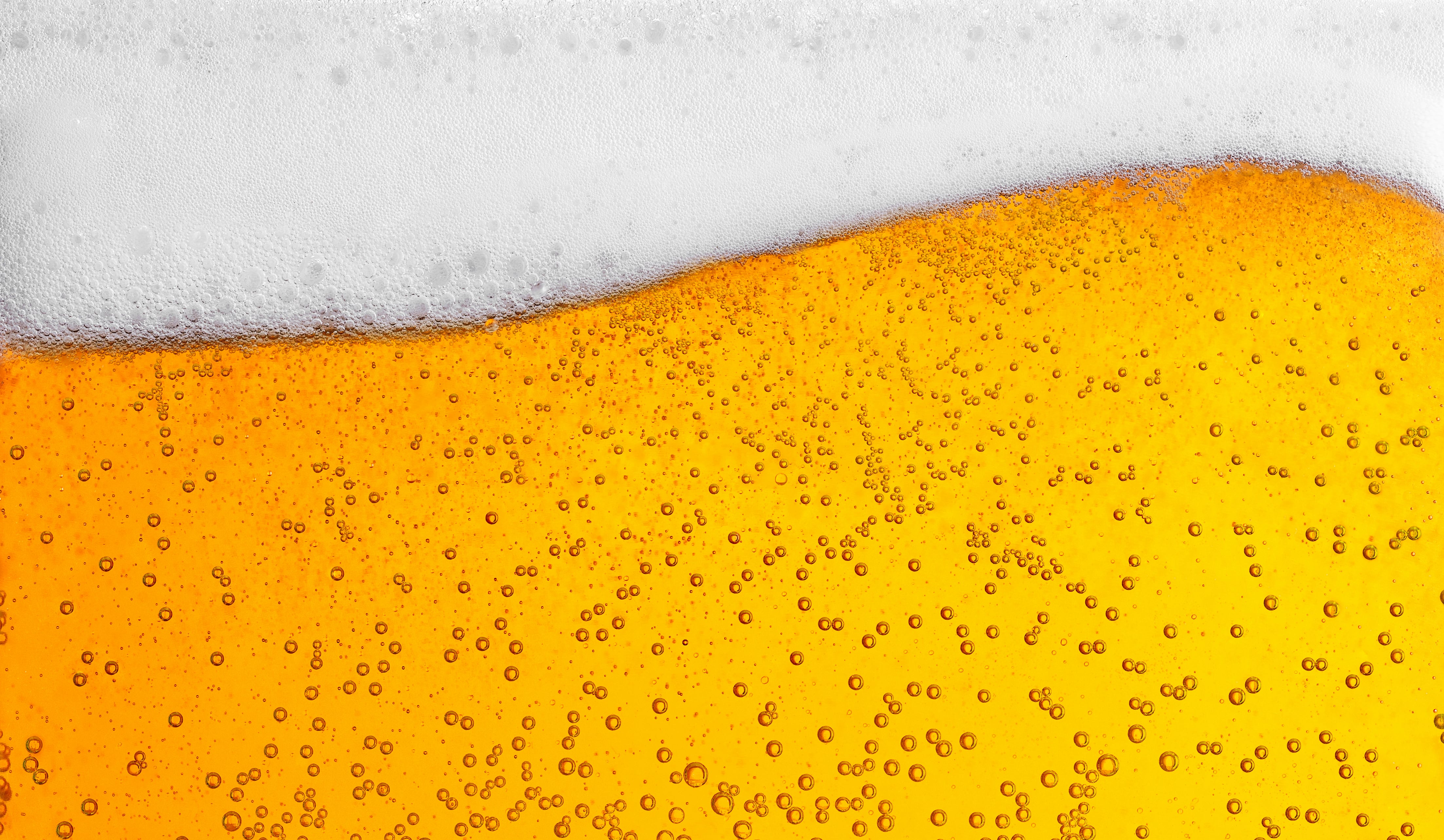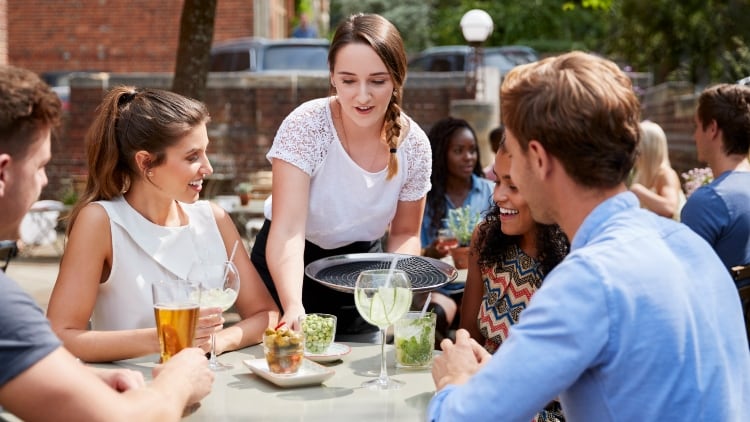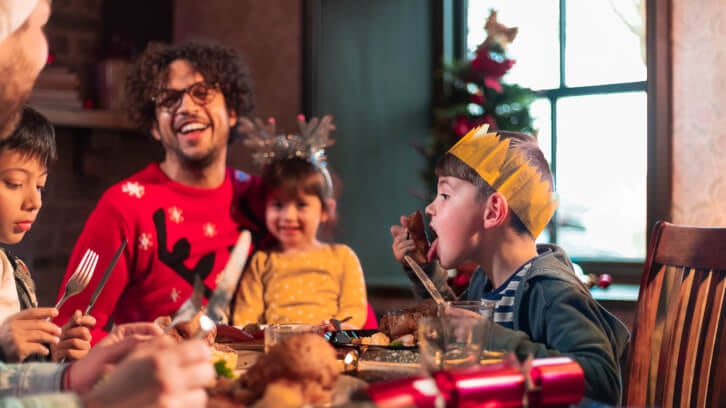In particular, Gen Z is leading the shift away from alcohol, with research showing that 20% of this generation chooses not to drink.
Today, Gen Z ranges in age from 13 to 28, meaning those 18 and over can legally drink alcohol in pubs.
However, there still is the question of serving low and no alcohol (NoLo) beer to under-18s.
Legal standpoint
The quick and easy answer is, it depends solely on the operator. Many licensed operators prefer to enforce an age verification policy to reduce the risk of unintentionally selling alcohol to a person under the age of 18.
This is more for practicality as opposed to legality. While other operators see this legislation as a positive.
Under the Licensing Act 2003, alcohol is defined as beer, wine, cider, spirits and other liquors exceeding 0.5% ABV.
This means that drinks at or below 0.5% ABV are not classed as alcohol so relevant underage sale offences do not apply.
Common law right
However, due to the risk of unintentionally selling alcohol (above 0.5% ABV) to a person under 18, some licensed operators still enforce age verification policies such as Challenge 21 or Challenge 25 for NoLo drinks.
This means customers may be asked to show ID if bar staff suspect they are underage. This is particularly helpful if the information shown on the drinks themselves does not distinguish NoLo options from alcoholic ones, so extra caution is required.
When asked, customers will be required to present their ID for the sale to take place or face refusal of service as a result, even if they are buying low-alcoholic beer.
It is important to remember that operators and bar staff have a common law right to refuse entry as well as service to whomever you choose, provided the refusal is not unlawful, that is, discriminatory on the grounds of sex, race, disability, gender, sexual orientation and religion or belief.
Selling alcohol to a person under 18 is a criminal offence, and operators may receive a range of penalties, such as unlimited fines and the possible suspension of alcohol sales for up to three months.
* It is important to note that when discussing under 18s, this means 16 and 17 who are allowed in licensed premises at any time and do not have to be accompanied by someone 18 or over. Regarding those under 16, the Licensing Act refers to them as Children who are allowed on licensed premises at any time but must be accompanied by someone who is aged over 18. *




